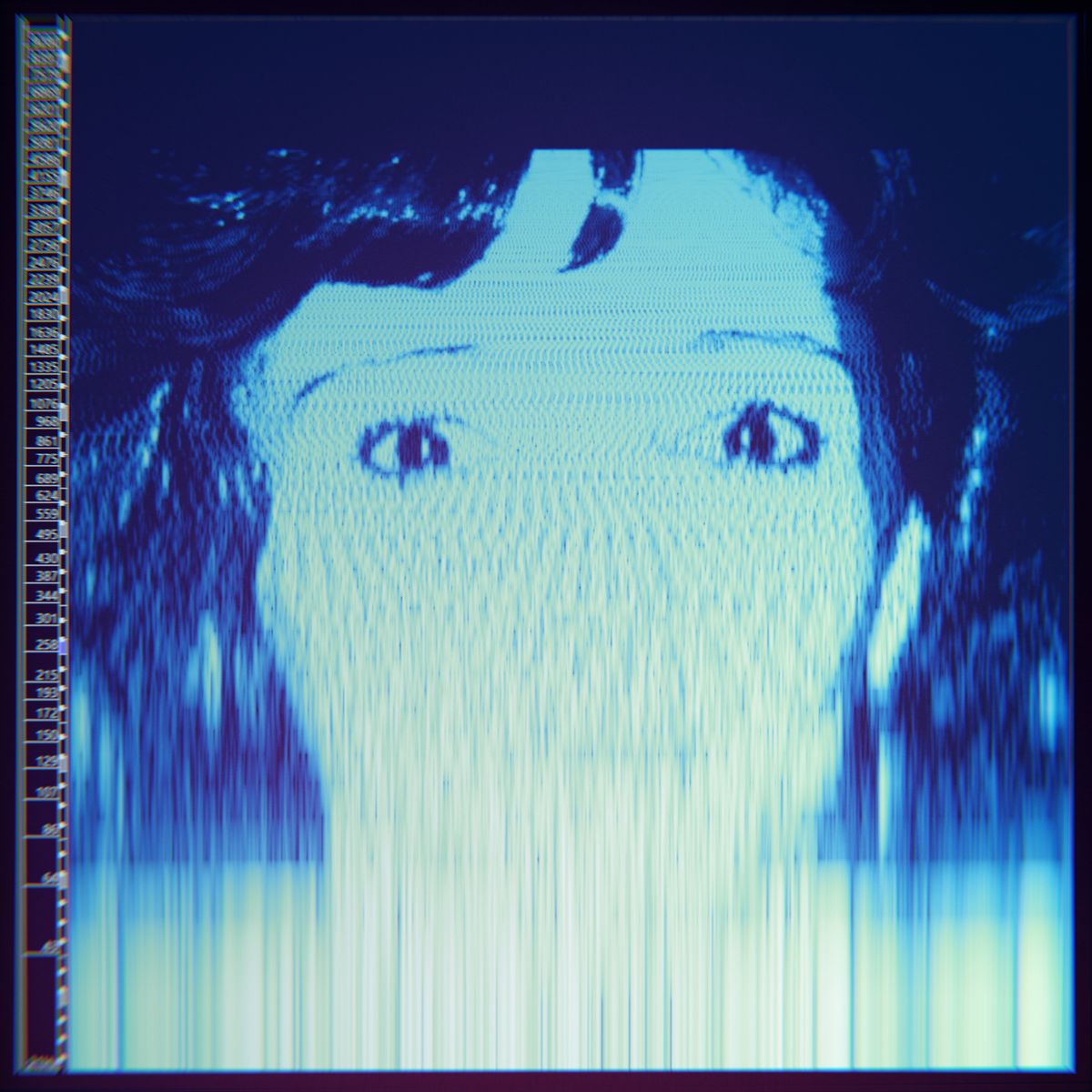Review: The Avalanches’ ‘We Will Always Love You’ is a piece of true artistic brilliance

When the Avalanches’ debut album, “Since I Left You,” was released in 2000, it was a commercial and critical success. Composed of more than 3,000 vinyl samples, the sound was brand new: a vast quilting of audio fragments, some decades old, which took the ’90s trend of sampling somewhere completely new.
It was 16 years before the Australian electronic group’s second album, the critically acclaimed “Wildflower,” was released, so it was something of a shock when just four years after that, they announced “We Will Always Love You,” their third album and a remarkable departure from and expansion on their previous music.
“For us,” said Robbie Chater, speaking on behalf of bandmate Tony DiBlasi and collaborator Andrew Szekeres, “to make the same record again, no matter how well-executed, wouldn’t have been satisfying.” And while this album is brilliantly executed, it’s definitely not the same old thing.
They’ve taken what’s been clear about the Avalanches for years – their ability to manipulate and formulate a vast array of sounds into a coherent, interesting and experiential track – and put it in a different context, in many ways dropping the party vibe and replacing it with something more mature.
A piece of true artistic brilliance, “We Will Always Love You” seeks to explore “the vibrational relationship between light, sound and spirit,” a perplexing and lofty purpose. The album provides listeners no answers, falling into place as an example of that relationship rather than an explanation of it, and so becoming a truly experiential album.
In embodying that relationship between light, sound and spirit, the Avalanches achieve a great deal technically. The beats, the bass, the piano motifs, the vocal stacking and warm vinyl-fuzz feeling are impressive. Undertones of shoegaze and gospel are common. But the technical side of this album is not what’s most striking.
Rather, it’s the feeling and the experience. It’s a soaring testimony to spirituality and being part of something greater than ourselves. Moreover, it’s a feeling of being part of the vast universe, centered in space, at the heart of something.
This atmosphere of space and love and the truly grand is far from incidental. One of the album’s highlight tracks, the spine-tingling and stunning “Wherever You Go” (featuring Jamie xx, Neneh Cherry and CLYPSO) samples directly from the Voyager Golden Record, sent off into space on the Voyager spacecraft in 1977.
What this album does is help you rediscover that childhood curiosity about what’s out there, which – the album seems to argue – should never have been far from you in the first place.
Of course, though, it wouldn’t be an Avalanches album without something to party to, and a few tracks go hard. “Take Care in Your Dreaming,” featuring Denzel Curry, Tricky and Sampa the Great, is a hype, driven track. Like “Wildflower” and “Since I Left You,” this album is full of treble and glimmering, youthful vibes.
The presence of both age-old samples and living, breathing artists (the features list on this album is exquisite and long, from the likes of Rivers Cuomo and Curry to Tricky) brings in a great history and a refusal of confinements spatial, audible or temporal.
As a whole, the album is a piece of contemporary art you’d almost expect to find hanging in MoMA, and you might never know it because the Avalanches have made it so accessible and loveable even if you don’t think too hard about where all these sounds are coming from.
This album is the cure to the December quarantine blues. It feels like the warm hug we’ve all been missing from the person we miss the most, and the value of that cannot be overstated.
If only for an hour, you can find yourself up in the clouds, or out in space, or in another’s arms. But I think the Avalanches would have you soberly remove your headset and just let it sink in, that you’re here, that they’re here. And as though it wasn’t clear enough, they named the album “We Will Always Love You.”